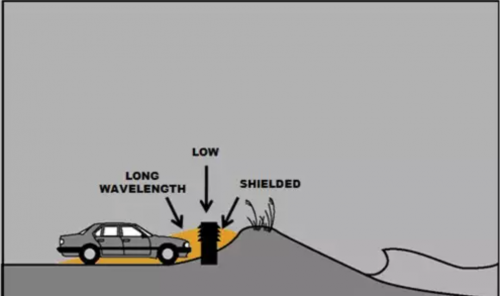What is Light Pollution?
Light pollution is essentially the brightening of the night sky due to man-made light sources that are disruptive. Excessive artificial light can alter an animal’s day/night patterns, repel some species from areas they might otherwise use as habitat, and attract others to areas they do not belong in. Too much light pollution can lead to injury and death for thousands of migrating birds, sea turtles, and other species.
Wildlife Certified Lighting
The Florida Fish and Wildlife Conservation Commission has created guidelines for outdoor lighting that is less disturbing to wildlife. The FWC states 3 criteria for wildlife certified lighting; low, long, & shielded.
1. Place the light as low as possible and use the lowest necessary wattage.
2. Use long wavelength light sources, such as orange and red LEDs.
3. Use shielded fixtures so that lamps are not directly visible.

You don’t have to get official FWC wildlife certified lighting to make a difference. For instance, if you cant move a light fixture lower to the ground, you can still swap the bulb for a long wavelength light. For communities and other property managers, there are many funding opportunities through Lighting Grants. More information can be found on the FWC website.
Other Ways to Help
The Best Method
The simplest and most effective way to reduce light pollution is to turn off unnecessary lights! Turning off unneeded lighting is not only beneficial for wildlife but also helps to conserve energy. Remember to turn off both indoor and outdoor lights when possible, as both can contribute to light pollution and energy wastage.
Join Group Efforts
To get more involved, try checking out groups like the International Dark Sky Association for helpful tips, updates on the issue, and opportunities to act. Another group, Lights Out Northeast Florida, works to monitor bird migrations and help prevent interferences from light pollution. They are often looking for local volunteers!
Spread the Word
Consider talking to your friends, family, neighbors, and coworkers about how they can combat light pollution. You can remind your peers to turn off unneeded lights, or share this post with someone who may find it useful.